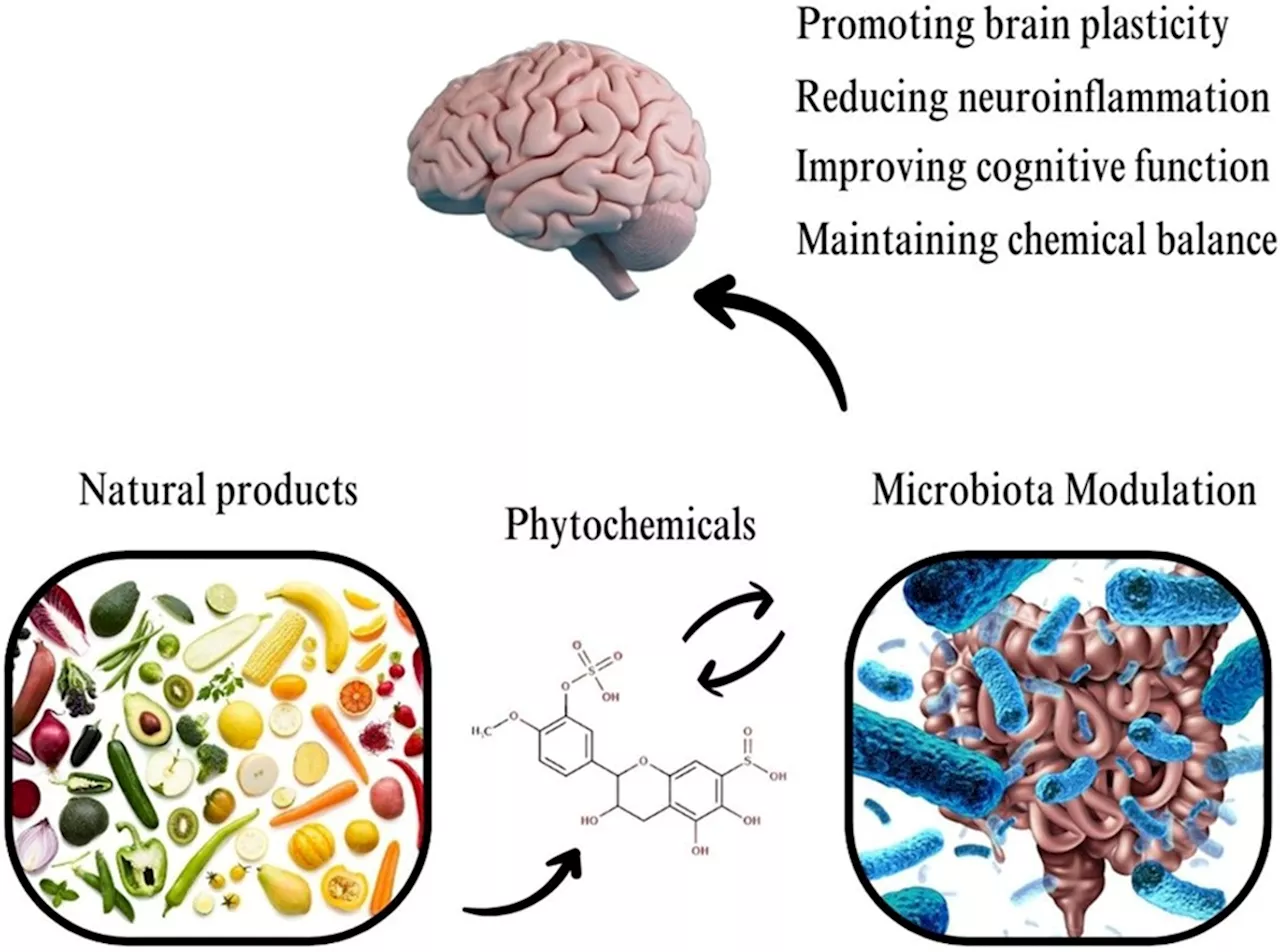Researchers reviewed the potential therapeutic effects of phytochemicals on the gut-brain axis, finding they could influence brain function and reduce neurological symptoms by modulating gut microbiota.
By Tarun Sai LomteMay 26 2024Reviewed by Susha Cheriyedath, M.Sc. In a recent study published in the journal Current Developments in Nutrition , researchers summarized the potential therapeutic implications of phytochemicals on the gut-brain axis .
Gut microbiota enzymes modify polyphenols by adding hydroxyl groups and removing sugar and methyl groups, leading to smaller compounds with improved intestinal absorption. Further, curcumin exhibits anticancer, anti-inflammatory, and antioxidant properties. However, its pharmacological benefits are limited by its chemical instability, low water solubility, poor bioavailability, and rapid metabolism.
Effects of apigenin and quercetin Apigenin is a pharmacologically active plant flavone used to treat different diseases. A study reported that a three-month apigenin treatment in mice with AD had improved memory retention and learning deficits. Further, treatment positively affected amyloid precursor protein processing and reduced amyloid-beta accumulation.
Effects of resveratrol and ginsenoside Rg1 Treatment with ginsenoside Rg1, the active component of ginseng, was shown to reduce the loss of dopamine neurons, behavior effects, and abnormal structural changes in the substantia nigra pars compacta. Resveratrol is a natural polyphenol with anti-inflammatory and anti-aging properties that can counteract stress. Studies have illustrated its impact on metabolic and CNS disorders, including obesity, dementia, depression, and diabetes.
Gut-Brain Axis Anti-Inflammatory Antioxidant Anxiety Autism Curcumin Depression Immune System Metabolite Metabolites Migraine Multiple Sclerosis Nanoparticles Nutrition Parkinson's Disease Polyphenol Protein Quercetin Resveratrol Sclerosis Stress
United Kingdom Latest News, United Kingdom Headlines
Similar News:You can also read news stories similar to this one that we have collected from other news sources.
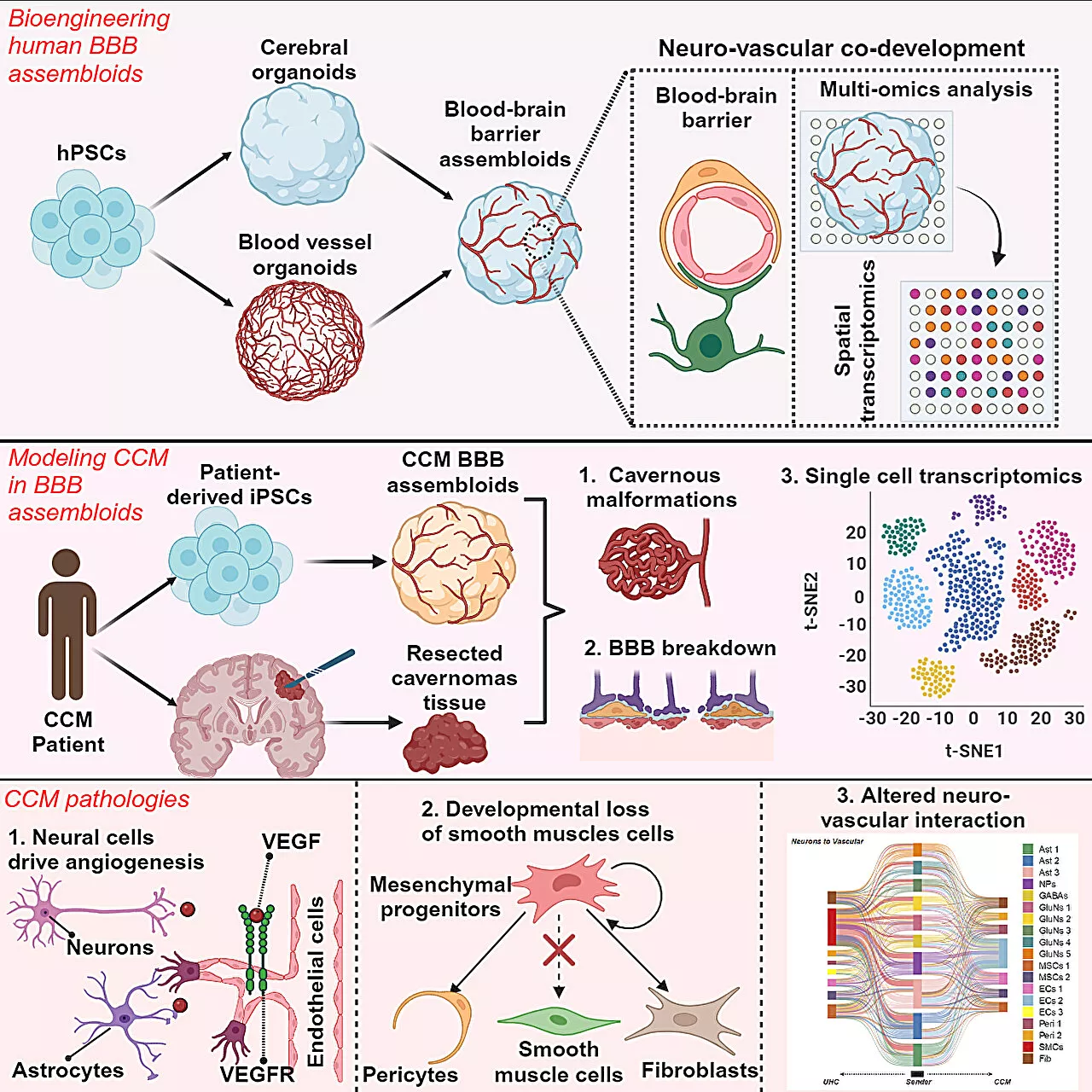 Brain 'assembloids': Researchers develop first human mini-brain with fully functional blood-brain barrierIn a pioneering achievement, a research team led by experts at Cincinnati Children's has developed the world's first human mini-brain that incorporates a fully functional blood-brain barrier (BBB).
Brain 'assembloids': Researchers develop first human mini-brain with fully functional blood-brain barrierIn a pioneering achievement, a research team led by experts at Cincinnati Children's has developed the world's first human mini-brain that incorporates a fully functional blood-brain barrier (BBB).
Read more »
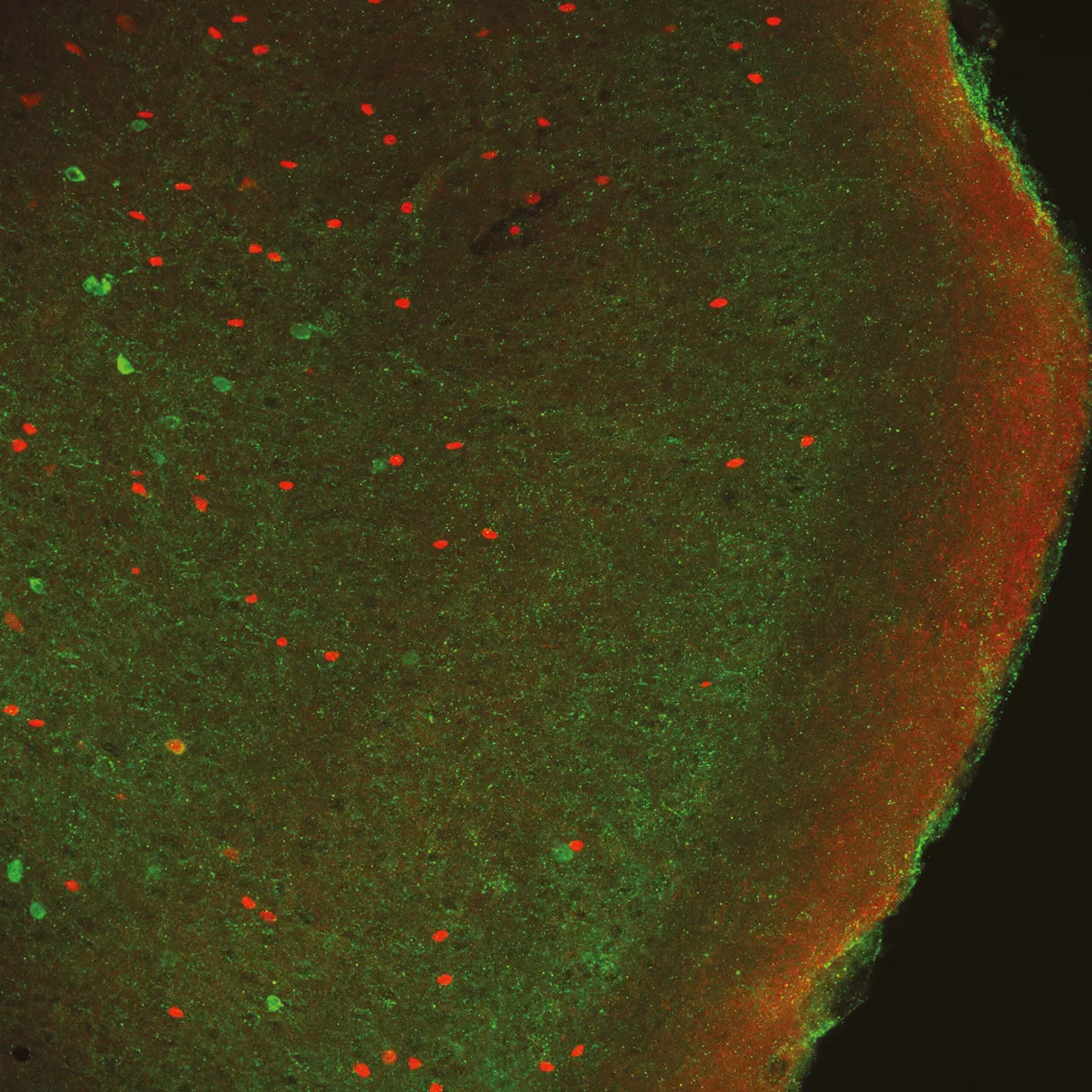 Happy or angry: Researchers discover brain network that recognizes emotionsThe Genetics of Cognition research group coordinated by Francesco Papaleo at the Italian Institute of Technology (IIT) has discovered a brain network present in animals and humans that allows them to recognize others' emotions.
Happy or angry: Researchers discover brain network that recognizes emotionsThe Genetics of Cognition research group coordinated by Francesco Papaleo at the Italian Institute of Technology (IIT) has discovered a brain network present in animals and humans that allows them to recognize others' emotions.
Read more »
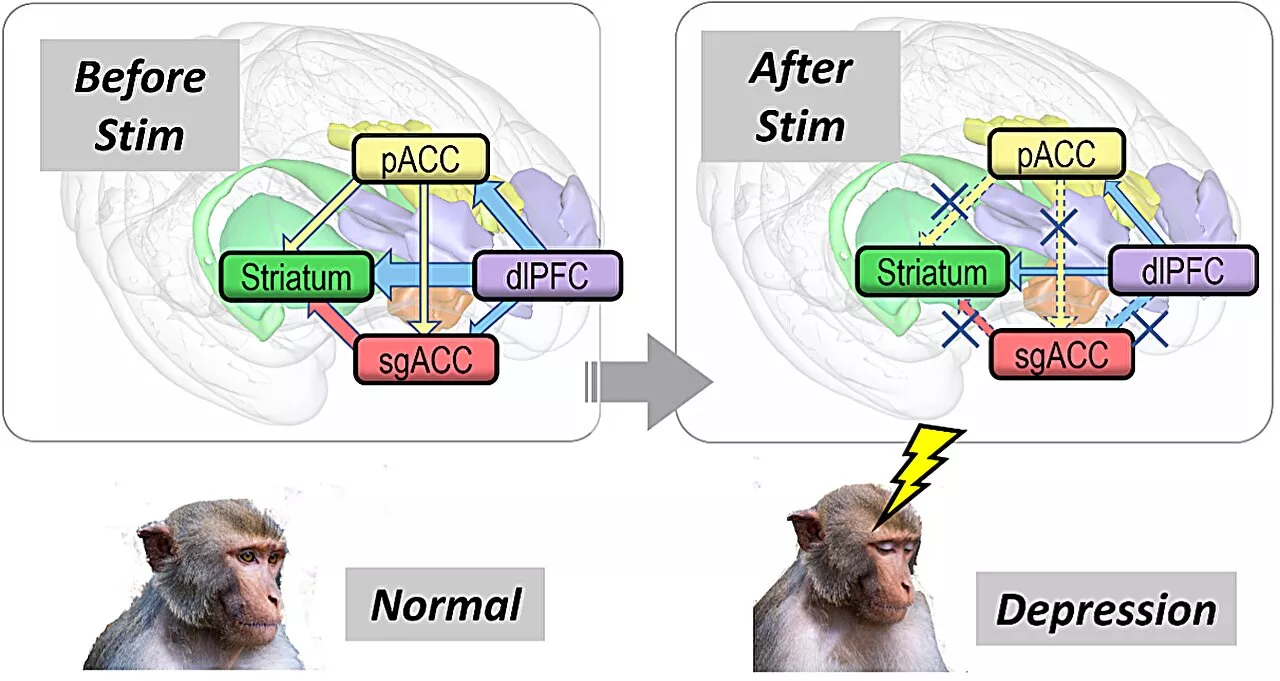 Researchers discover top-down signals in brain circuits regulating depressionUnderstanding and treating depression, a potentially debilitating mental health condition that affects millions of people worldwide, remains a major priority among researchers in the field of neuroscience. For example, major depressive disorder (MDD) affects around 33 million people and as much as 5% of the adult population globally.
Researchers discover top-down signals in brain circuits regulating depressionUnderstanding and treating depression, a potentially debilitating mental health condition that affects millions of people worldwide, remains a major priority among researchers in the field of neuroscience. For example, major depressive disorder (MDD) affects around 33 million people and as much as 5% of the adult population globally.
Read more »
 Researchers reveal promising treatment target for resistant brain cancerFor many patients with a deadly type of brain cancer called glioblastoma, chemotherapy resistance is a big problem.
Researchers reveal promising treatment target for resistant brain cancerFor many patients with a deadly type of brain cancer called glioblastoma, chemotherapy resistance is a big problem.
Read more »
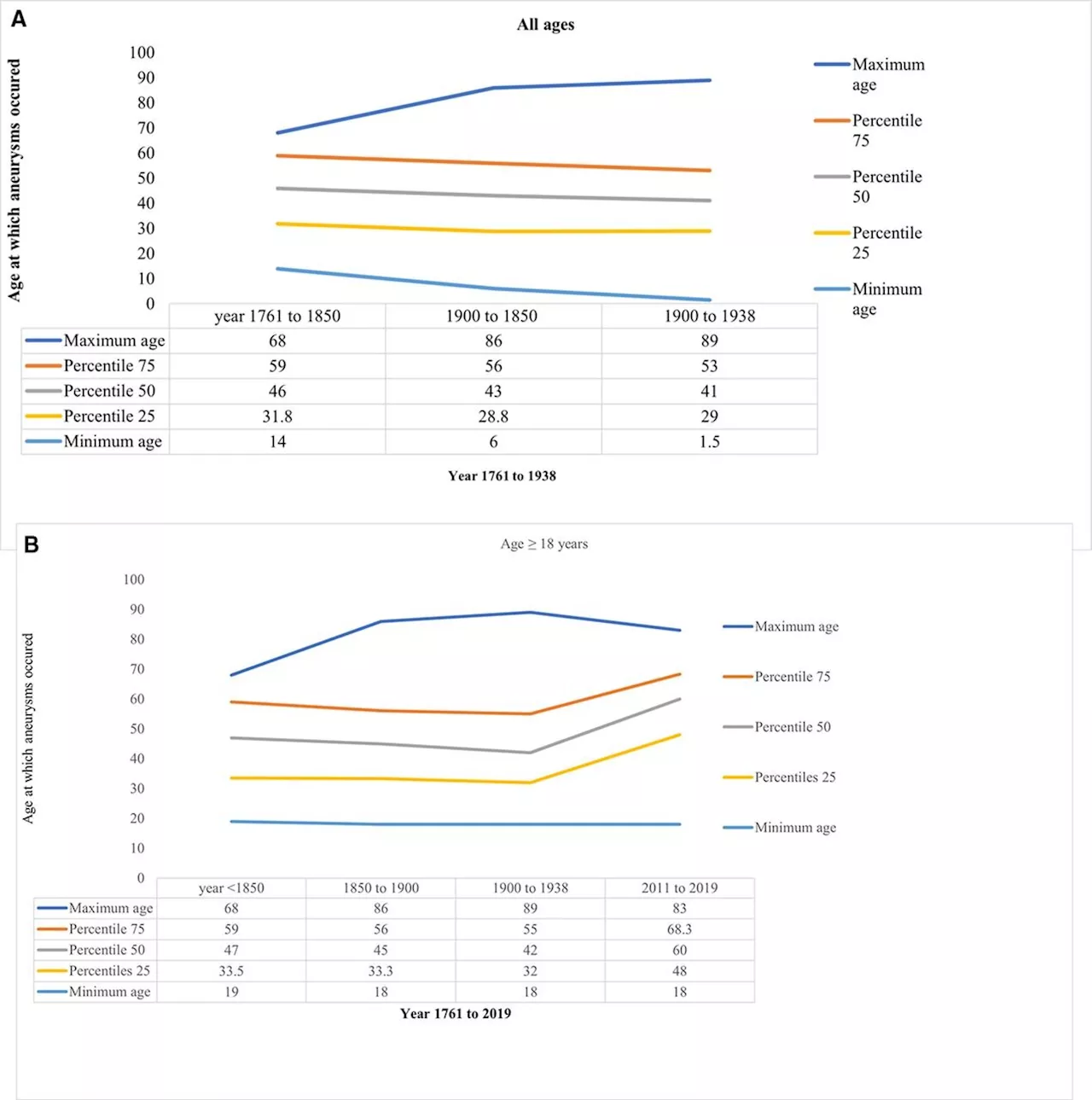 Researchers suggest brain scans for babies reduce risk of stroke later in lifeNoninvasive brain scans for children under the age of 1 could identify risk factors and reduce the potential for stroke later in life, say researchers at the University of South Australia.
Researchers suggest brain scans for babies reduce risk of stroke later in lifeNoninvasive brain scans for children under the age of 1 could identify risk factors and reduce the potential for stroke later in life, say researchers at the University of South Australia.
Read more »
 Researchers find key differences in brain development between autistic boys and girlsA new study led by UC Davis researchers finds widespread differences in brain development between autistic boys and girls ages 2–13. The study, published recently in Molecular Psychiatry, found sex-specific changes in the thickness of the outer layer of the brain, called the cortex.
Researchers find key differences in brain development between autistic boys and girlsA new study led by UC Davis researchers finds widespread differences in brain development between autistic boys and girls ages 2–13. The study, published recently in Molecular Psychiatry, found sex-specific changes in the thickness of the outer layer of the brain, called the cortex.
Read more »
